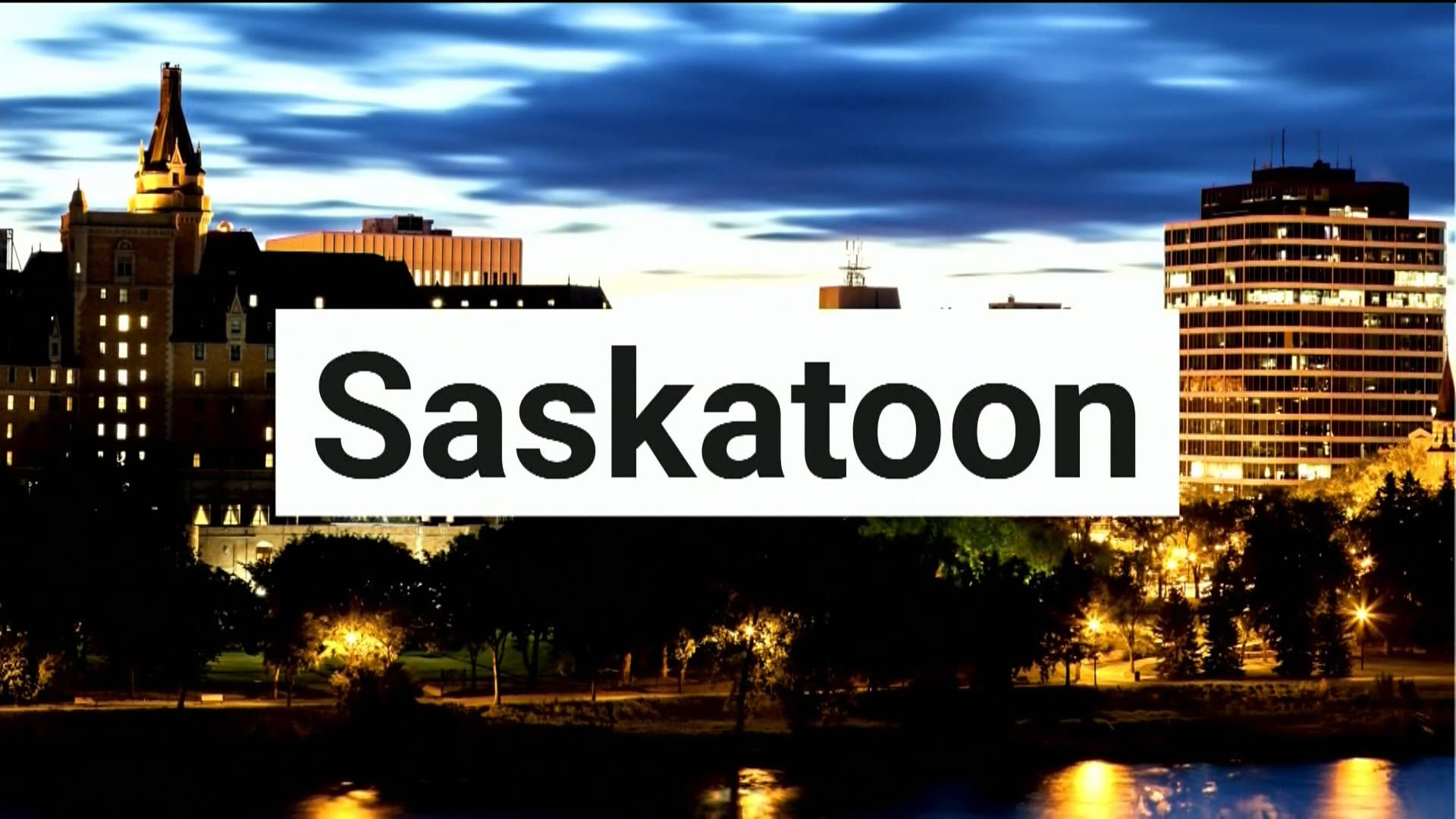 The rising inflation rate in Saskatoon is putting significant financial strain on residents, forcing many into debt as they struggle to keep up with the increasing cost of living. Inflation, driven by factors such as higher fuel prices, supply chain disruptions, and increased demand for goods and services, is eroding the purchasing power of many households in the city.
The rising inflation rate in Saskatoon is putting significant financial strain on residents, forcing many into debt as they struggle to keep up with the increasing cost of living. Inflation, driven by factors such as higher fuel prices, supply chain disruptions, and increased demand for goods and services, is eroding the purchasing power of many households in the city.
With inflation outpacing wage growth, many residents are finding it difficult to make ends meet. Some are turning to credit cards, payday loans in Saskatoon, and other high risk forms of borrowing to cover their expenses, leading to a growing debt burden.
One of the most concerning aspects of this trend is the impact on low-income families, who are particularly vulnerable to inflationary pressures. With a larger portion of their income going towards basic needs such as food, housing, and transportation, they have less disposable income to cover other expenses or save for the future.
High-interest debt, such as payday loans and credit card debt, can quickly become unmanageable for those already struggling financially. This can lead to a cycle of debt that is difficult to break, trapping individuals and families in a precarious financial situation.
To address this issue, some community organizations in Saskatoon are offering financial literacy programs and debt counselling to help residents manage their finances more effectively. These programs aim to educate residents about the risks of high-interest debt and provide them with strategies for reducing and managing their debt load.
In the long term, however, more comprehensive solutions are needed to address the root causes of inflation and its impact on residents. This includes policies that support affordable housing, fair wages, and a more stable economy.
In the meantime, residents of Saskatoon are encouraged to seek help if they are struggling with debt and to explore all available options for managing their finances responsibly.

